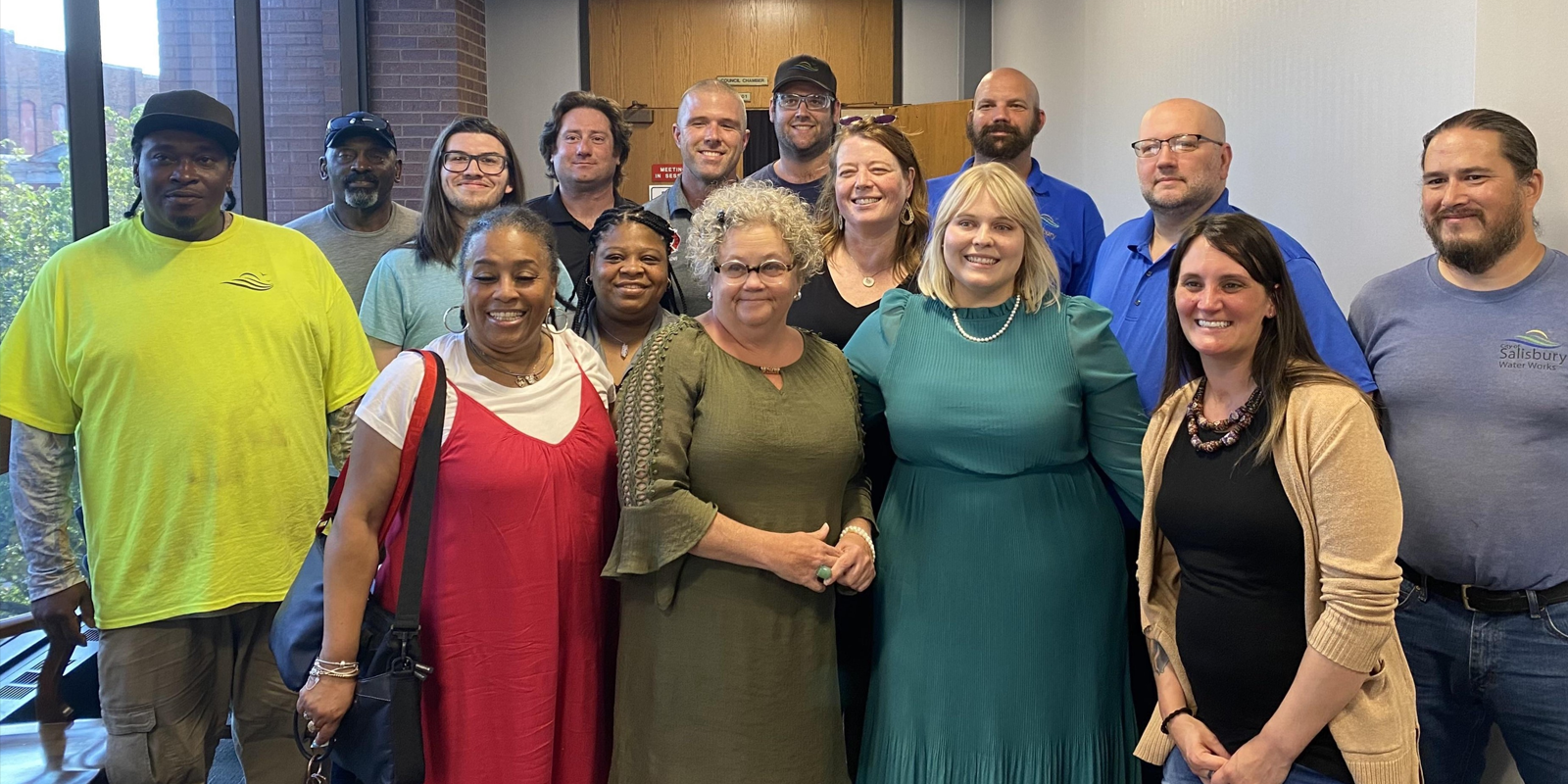SALISBURY, Md. – It’s official. More than 200 workers for the City of Salisbury, Maryland, now have a union.
Workers in the general government unit decided to form a union after the Salisbury City Council amended the city charter in fall 2022 and recently passed a labor code to grant collective bargaining rights to all city employees in three units: police, fire and general government.
The Federal Mediation and Conciliation Service (FMCS) certified majority support within the general government bargaining unit. Workers learned this month that the FMCS has formally recognized their union, which will be the first of its kind in Maryland’s rural Eastern Shore region.
The workers decided to come together to address concerns around fair and consistent treatment, competitive wages, advancement opportunities and continuing education, transparency from administration, improved parental leave, adequate staffing levels, access to safe and functional equipment, and improved safety standards on the job.
In October 2022, after the city charter was amended, a handful of workers from various departments contacted AFSCME to begin organizing and began building support locally. Since then, the bargaining unit has grown to include over 200 workers from nearly every department in the city of Salisbury.
Kyla Cupp, a geographic information systems analyst, said she’s excited to have a voice on the job.
“This will allow employees to solidify what we like about working for the city and to improve the things that need change,” Cupp said. “Whether it's about staffing, resources, or making our jobs more efficient, employees having a voice in our work means the whole city gets better services.”
Council 3 President Patrick Moran, who’s also an AFSCME vice president, said it’s encouraging to see more local governments amend their laws to provide collective bargaining rights to their workers.
“We’re looking forward to working with the city to ensure that the hardworking, essential employees of Salisbury get the fair treatment they deserve. Every worker, in every department, in every city across the state deserves a voice in their workplace,” said Moran, who leads a union that serves as the voice of 45,000 Maryland public service workers.
Pete Torigoe, a wastewater plant mechanic, said the old system of personnel committees didn’t really give workers a voice or have any real influence.
“We’re hopeful that a union will better allow for all employees to be heard,” he said.
And Steve Gravenor, a meter technician, said he’s had limited success in advocating for himself and his co-workers in his 18 years with the city.
“There was no real way to get the resources we knew we needed, and many requests went unanswered,” he said. “With a union it won’t just be me speaking up. We’ll have a unified voice to fight for the opportunities and support we deserve.”
